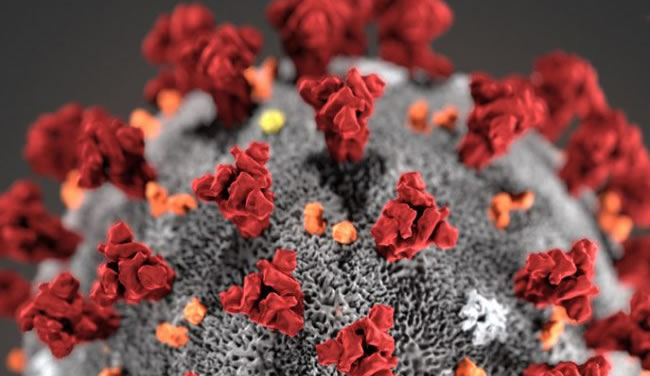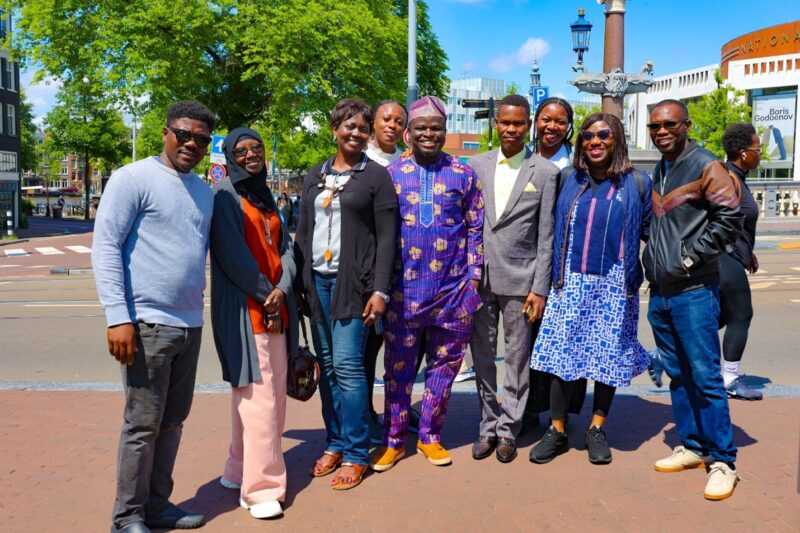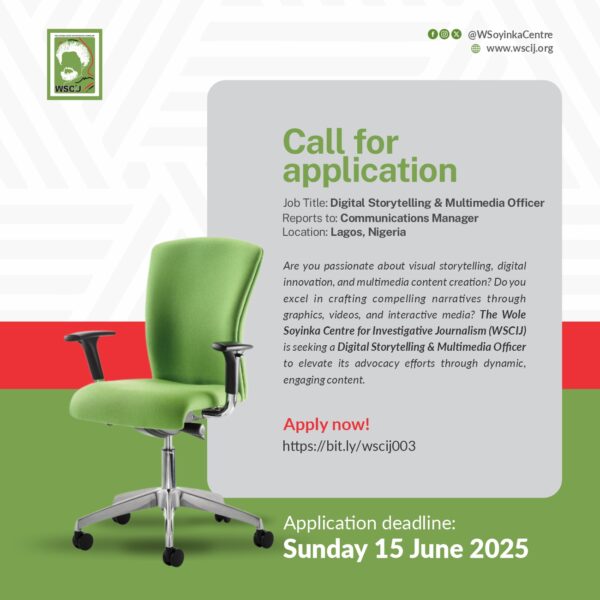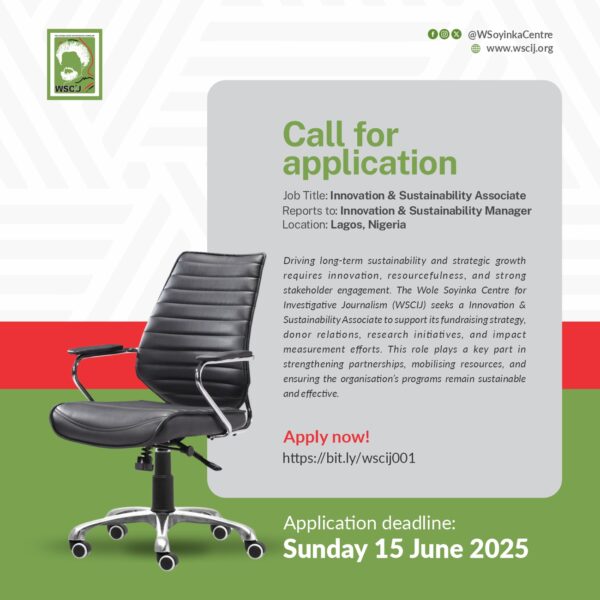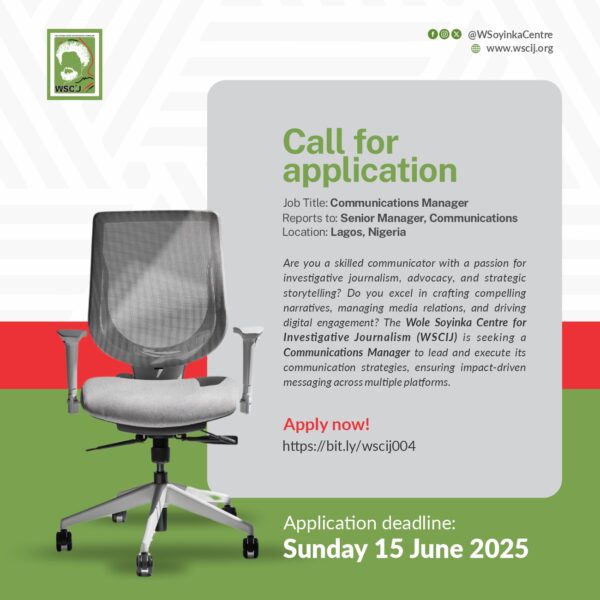Since the outbreak of the coronavirus late 2019, there have been all kinds of information about how deadly it can be, getting protection against it, its treatment and who is susceptible to it. Here, we examine two popular myths about the novel coronavirus.
Myth #1: COVID-19 is an infection of the rich, air travellers
This is false. Apart from infection cases by returning travellers, there is also community spread, many of which have not been detected yet. In Nigeria, of the 51 already detected cases of coronavirus as of Wednesday, 25th March, 36 of them have travel history. The remaining 15 cases either had contact with known cases or have unclear sources.
The 15 recorded cases without travel history account for 29.41 percent of the coronavirus in the country. This implies that three of every ten cases do not have travel history. This is significant.
It is therefore critical that everyone adheres to all safety measures that the government has put in place – regular handwashing, social distancing and avoidance of crowded places.
Being one of the countries with more than 150 countries and territories with fewer than 100 reported cases of coronavirus, Nigeria recorded its first coronavirus case on February 27 when an Italian was diagnosed with the disease.
Myth #2: Wearing a face mask protects against COVID-19
There is no sufficient evidence to prove that the use of a face mask offers protection to a healthy person. The World Health Organisation, however, holds that face mask is not for the healthy; they should only wear a mask if they are taking care of a person with suspected coronavirus infection.
To prevent the spread of the virus, any person coughing or sneezing should wear a mask. This is because coronavirus is a respiratory virus which spreads primarily through droplets generated when an infected person coughs or sneezes, or through droplets of saliva or discharge from the nose.
The apex health body also posited that a mask should be replaced with a new one as soon as it is damp and should not be re-used.

